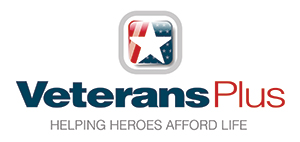What savings alternatives are available?
As a saver, it’s important to have a portion of your holdings in savings. There are  a number of savings alternatives that will help you accumulate adequate savings and earn a reasonable rate of return.
a number of savings alternatives that will help you accumulate adequate savings and earn a reasonable rate of return.
Certificates of Deposit
Certificates of deposit are really just short-term loans to a bank, credit union, or savings and loan. They offer a moderate rate of return and more safety because they are insured up to $250,000 by the FDIC.*
Series EE Savings Bonds
For many years, when bonds were mentioned, people thought of U.S. savings bonds. Series EE savings bonds are sold in par values that range from $50 to $10,000 if purchased in paper form or from $50 to $5,000 if purchased electronically. Tax on the interest is deferred until maturity and may be eliminated if the proceeds are used to pay for a college education.
Money Market Funds
In a money market fund, your investment is pooled with those of other investors. The resulting fund is invested in a diverse portfolio of short-term debt securities. Money market funds offer a high level of safety and moderate income.
Have written goals: Emergency cash reserve
For the vast majority of people, it is essential to keep a portion of their assets in liquid form in order to meet monthly commitments. For example, most families have to meet their mortgage or rent payment, grocery, utility and transportation bills out of their monthly paychecks. There are a host of other expenses that arise from month to month that keep pressure on the family cash flow, but there are numerous alternatives available to enable you to get your short term cash working for you. The key to successfully managing your short-term cash lies in understanding these alternatives and choosing the one most appropriate to your particular needs and circumstance. VeteransPlus recommends setting a goal of 6 months emergency funds.

